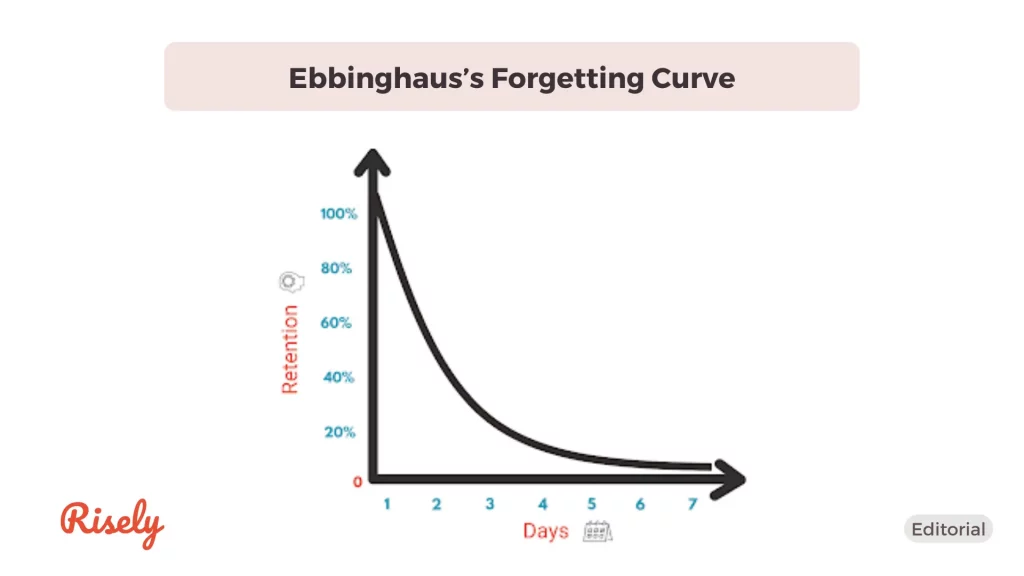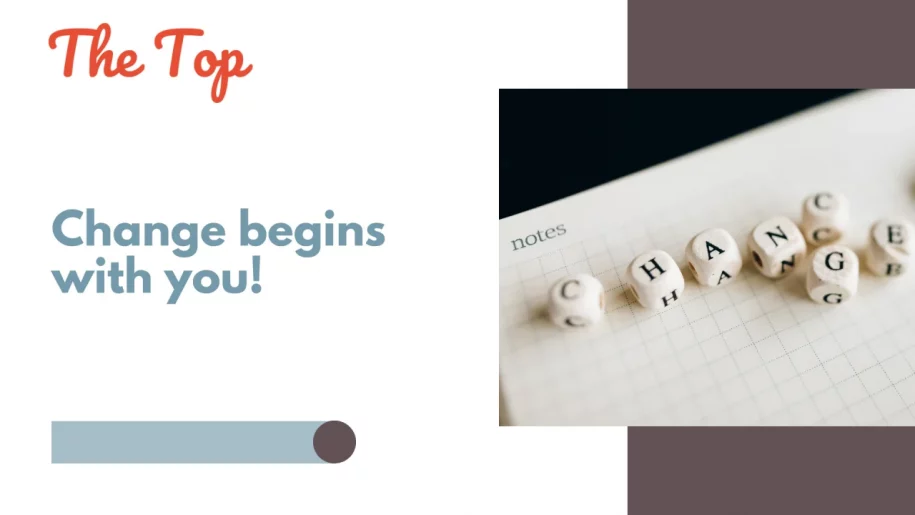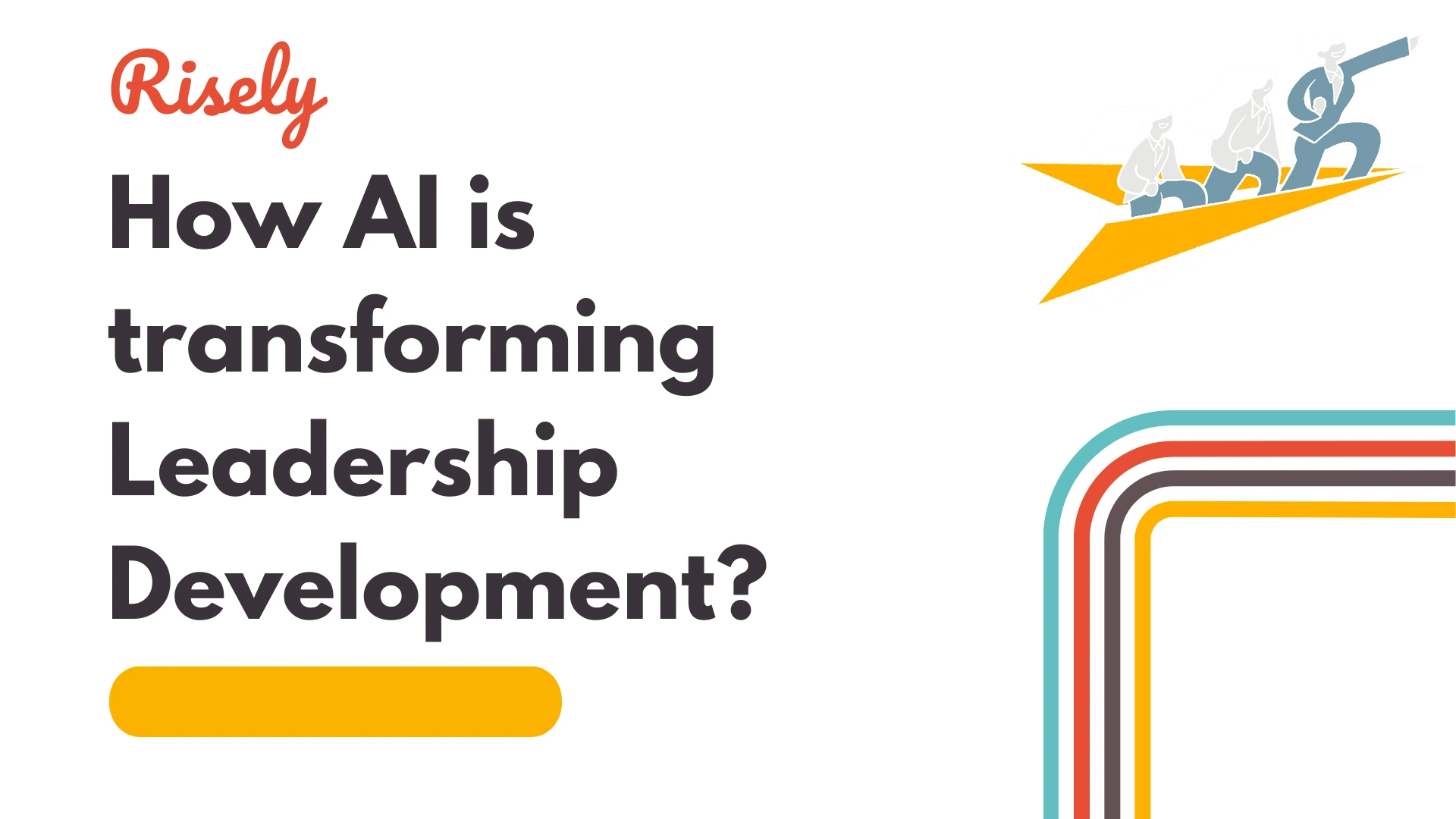Change begins with you!
Can you change things alone? Everyone who has been somewhat disappointed with circumstances has thought this can’t happen.But here’s the thing: Change begins with you.
These are Mahatma Gandhi’s words. However, in today’s newsletter, we will examine another interpretation of this concept.
Let’s jump right in.
Jeff Hiatt, the CEO of Prosci and a thought leader in change management, came up with the idea. He has developed a framework called the ADKAR for changing things from the individual level.
Let’s take a closer look at each of these components, along with an example:
Awareness
Awareness is about understanding why change is necessary. Here, you need to recognize the reasons for change and the risks of not changing. The model provides a step-by-step framework to guide you through the change process.
Suppose a new tool is available for your profession. Should you learn it? What are the pros and cons? Answering these questions is essential before you take action.
Desire
Desire represents your motivation and choice to support and participate in the change. Here, you will recognize barriers preventing progress in any ADKAR element and develop ideas to address them by thinking critically.
Moving forward with the earlier example, you will need to think of what impact learning this tool can have. Would it make work easier and simpler?
Knowledge
The third step, Knowledge, involves understanding how to change. It encompasses the skills, training, and education needed to implement the change.
For instance, you will need to look for training courses and mentors to learn a new tool. You might also need to think of your schedule and bandwidth – can you squeeze the learning in? Is it still worth it?
Ability
The second last component of the ADKAR framework, ability, is the actual implementation of skills and behaviors required for the change. It involves putting knowledge into practice.
To learn a new tool, you need a computer to run the program. You also need some earlier know-how to understand the functions better. Without these, the process would not be effective.
Reinforcement
The last step, reinforcement, focuses on sustaining the change over time. It involves embedding the change into the organization’s culture and practices. For you, it means turning the desired behaviors into habits.
As we went with the example of learning a new tool, it could mean using it regularly, finding new opportunities to apply your new learnings, and trying out more use cases.
The last step is critical in ensuring that the previous four are impactful. Without reinforcement, most learning slips away quickly, dropping below 1/5th within a week.

Hence, don’t just do it and forget it. Keep revisiting.
You can apply the ADKAR model to a wide range of changes, from small process improvements to large-scale organizational transformations.
Addressing the human side of change helps ensure that transitions are successful and sustainable. After all, imposed changes are not well-received and create trouble for organizations.
The bottom line is that making changes is a human and participative process. Even if you are doing it all alone, don’t impose it; think through it. The ADKAR Model is not a linear, one-time process. You will need to revisit certain stages as new challenges or information arise.
Change is an unstable process, after all.Let’s bring change: one feedback at a time.
We’ve built Candor as a tool to share anonymous feedback from employees with team managers. It’s free. Give it a spin here and start connecting.


